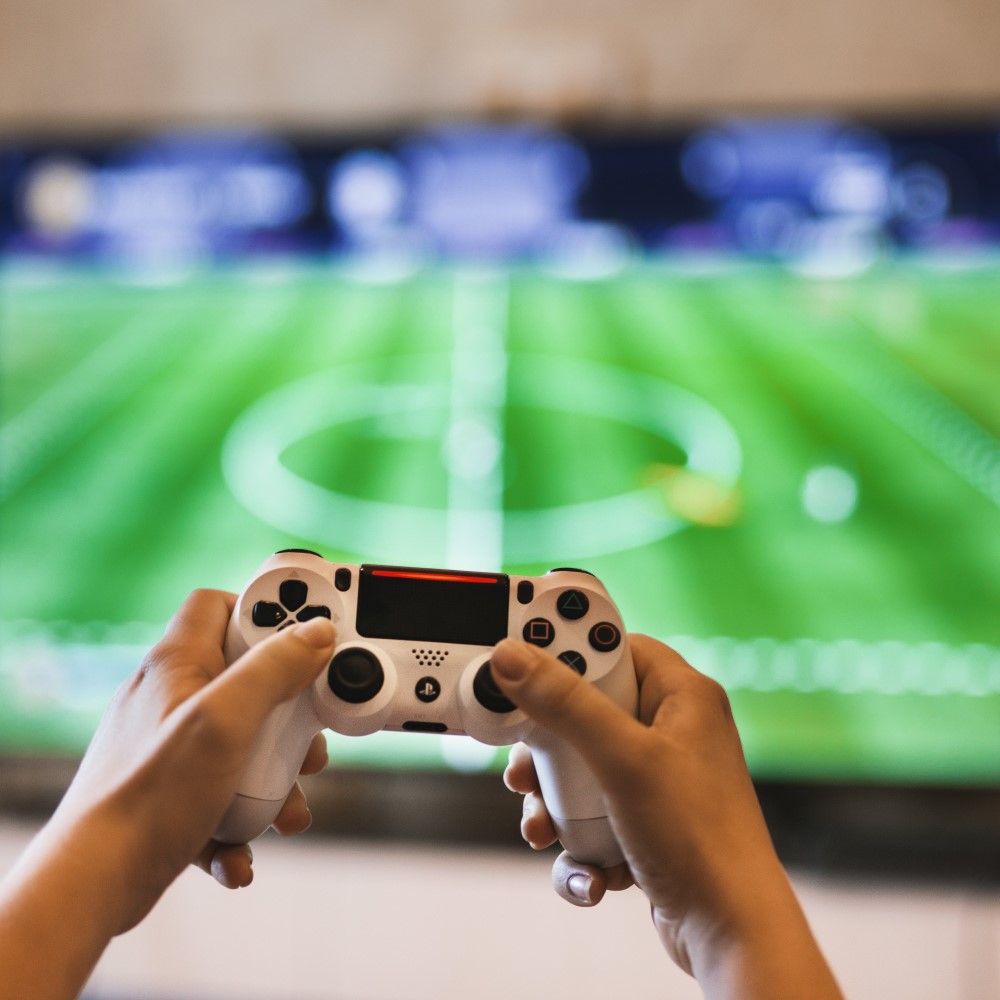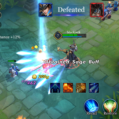Insufficient Evidence for Clinical 'Gaming Disorder', Says Oxford Internet Institute
by on 22nd Oct 2019 in News

A new study by the Oxford Internet Institute has concluded that individuals that carry dysfunctional gaming habits are likely to be demonstrating underlying frustrations and wider psychosocial functioning issues, over a 'gaming disorder' in isolation.
Furthermore, the study found no evidence that 'an unhealthy relationship with gaming accounts for substantial emotional, peer and behavioural problems', and questioned the need to presently frame gaming habits as clinical disorders.
The findings, based on data from over 1,000 young adults and caregivers, mirror some of the response by academics after the World Health Organisation (WHO) listed ‘gaming disorder’ in the 11th edition of the International Classification of Disease back in 2018. Earlier this year the WHO went on to make gaming disorder a recognised illness.
Dysfunctional gaming can be highly problematic for those that experience it. Defining what counts as 'problematic gaming' is important not as a means to dismiss the severity of the experience. Rather, better understanding - or questioning - clinical notions of 'gaming disorder' may lead to approaches and treatments better suited to improving the lives of those impacted.
The WHO sees gaming disorder as a clinical condition, framing it as 'impaired control over gaming, increasing priority given to gaming over other activities to the extent that gaming takes precedence over other interests and daily activities, and continuation or escalation of gaming despite the occurrence of negative consequences.” The WHO's overview loosely aligns gaming disorder withother addiction problems, such as substance abuse.
When the WHO first listed gaming disorder, a number of academics collectively penned an open debate paper originally published in the Journal of Behavioural Addictions. That letter, which included insight from specialists from Oxford University, Stockholm University and many others, urged that there be more debate on the issue. The logic being that - if gaming disorder does not provide an accurate analysis or cover the full scope of problem gaming experiences - many may be misdiagnosed or receive improper treatment. Meanwhile, some experts believe, underlying causes for dysfunctional gaming might be missed. The authors of the letter were concerned back then that the WHO definition was the based on a 'low quality of the research base, the fact that the current operationalisation leans too heavily on substance use and gambling criteria, and the lack of consensus on symptomatology and assessment of problematic gaming'.
Regardless, the condition was recognised in May 2019.
MOTIVATIONAL THEORY
“The World Health Organisation and the American Psychiatric Association have called on researchers to investigate the clinical relevance of dysregulated video-gaming among adolescents, as previous studies have failed to examine the wider context of what is going on in these young peoples’ lives," explained Professor Andrew Przybylski, Director of Research at the Oxford Internet Institute and co-author of the new study. "This is something we seek to address with our new study. For the first time we apply motivational theory and open science principles to investigate if psychological need satisfactions and frustrations in adolescents’ daily lives are linked to dysregulated – or obsessive – gaming engagement.
“Our findings provided no evidence suggesting an unhealthy relationship with gaming accounts for substantial emotional, peer and behavioural problems. Instead, variations in gaming experience are much more likely to be linked to whether adolescents’ basic psychological needs for competence, autonomy, and social belonging are being met and if they are already experiencing wider functioning issues. In light of our findings we do not believe sufficient evidence exists to warrant thinking about gaming as a clinical disorder in its own right.”
The Oxford Internet Institute's research did find evidence of numerous players putting a great deal of time into games. The study concluded that 'most' adolescents surveyed play an online game daily, with daily players averaging three-hours every 24-hours. It was also found that less than half of daily online players demonstrated any signs of obsessive gaming, and that obsessive gaming was unlikely to significantly impact adolescent outcomes.
The new report adds more to the case that more research and understanding around dysfunctional gaming is needed.
“We urge healthcare professionals to look more closely at the underlying factors such as psychological satisfactions and everyday frustrations to understand why a minority of players feel like they must engage in gaming in an obsessive way," concluded report co-author and senior lecturer, School of Psychology, University of Cardiff, Dr Netta Weinstein.
The full study, Investigating the Motivational and Psychosocial Dynamics of Dysregulated Gaming: Evidence from a Preregistered Cohort Study, is available here.







Follow TheGamingEconomy